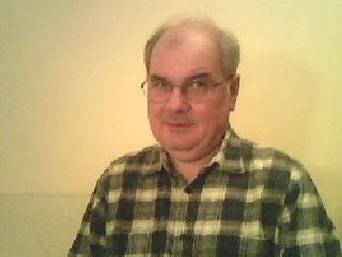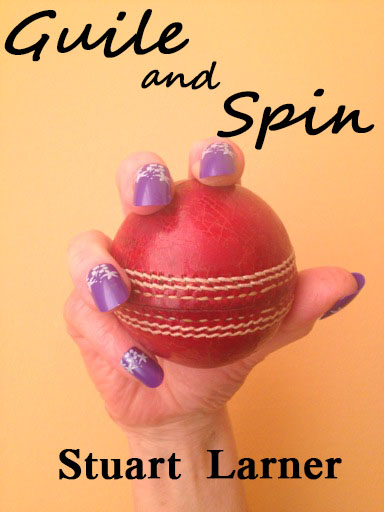
I am a retired chartered clinical psychologist.
I worked in a general hospital in the UK with people who had difficulty coping with disability and physical illness. I devised a method of assessment based on the seven psychological tasks such patients face. These are: understanding and managing symptoms, dealing with the medical procedures, relating to hospital staff, managing upsetting feelings, maintaining a competent self-image, maintaining relationships with friends and family, and preparing for the future. I helped the multidisciplinary team in a physical health setting to understand the illness from the patients’ point of view, and what action might help all concerned. I took on a selected number of patients directly for psychological therapy along cognitive-behavioural lines.
I am also interested in applying psychology to my own life, and have kept up a self-monitoring diary for smoking, drinking, and exercise. As a result, I gave up smoking on July 4th 1984. I’ve not touched the weed since. I also applied some principles of sport psychology to help me play better cricket. However my progress was limited by my sporting ability, not by my psychology.
I am a writer of poems, stories, plays and articles for numerous international magazines, newspapers, and websites. I am a keen cricketer, qualified umpire, and live in North Yorkshire, UK.
The book that I have published is a fiction, and I wrote it to help myself. It is intended to be light reading for both sexes and all ages.
Did being a psychologist hinder your writing?
Sometimes. Psychologists and writers look at the human condition in different ways. There is some commonality, but there are many differences between the science and the arts.
Science and arts often interfere with each other because they are on different paths to discovery.
Psychologists and novelists ask questions differently. In the interview /therapy situation, you cannot go off to examine areas of the patient’s life because you think that it would make a good story or novel. You have to honour trust and stay with the therapy model. Very often the great complexity of psychological analysis demanded in the interview situation has often meant that my mind has lost track of the creative idea for a story.
There are also problems of confidentiality, and material from the therapeutic encounter that is remotely identifiable cannot be used. It breaches trust and can be damaging in therapy.
So, where did you get your characters?
As I cannot use my patients as characters, I got my characters form everyday life. The cricket characters from the cricket field. However, I did not import them as complete entities into my work. They exist as bits of individuals that I have put together to make even larger than life characters.
Did being a psychologist help your writing?
I think it helped more than it hindered. The psychologist is journeying to a deeper appreciation of the human situation, via an analysis of cognitions, emotions, and behaviour. This can stimulate brilliant fiction, because you have the gold dust of people’s experience. It is the heart of writing about humans.
| Guile and Spin An outrageous, compelling, unforgettable story of cricket played to a farcical level you had previously never thought possible. A must-read for cricket fans everywhere. Jeremy Freeman hates cricket, but is enticed by woman cricketer Claire who turns his life upside-down. Fardeep Singh shows him how he can use spiritual powers and mystical charms to achieve his secret dreams. Oriental magic meets sport psychology in an explosive mix. But that is only the start of their problems. Anything can happen – and does. Published by Cricket International at FeedARead “Guile and Spin” amazon.co.uk ebook £0.99p, £9.99 paperback. See Stuart’s blog at http://stuartlarner.blogspot.co.uk/ |






















 RSS Feed
RSS Feed





















